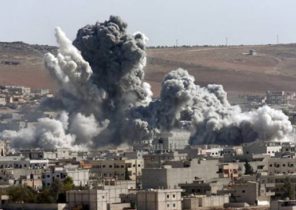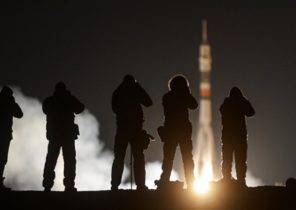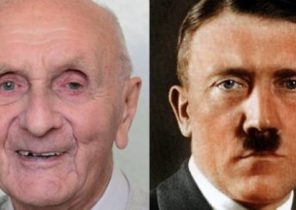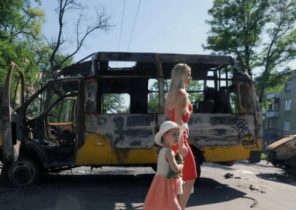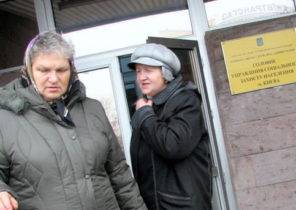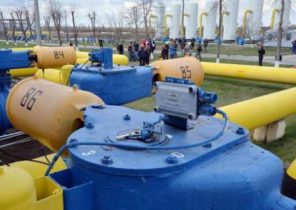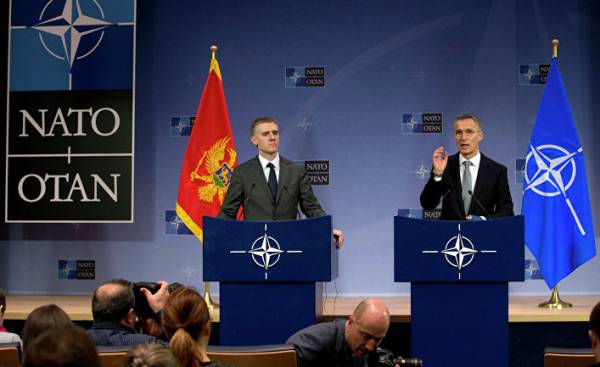
Gojko and Milan are playing chess in the shade of the Royal Park, located along the Avenue that bisects the centre of Podgorica into two parts. On the stone table beside the chessboard, lies the newspaper “Dan”. In the eye catches the news: Montenegro has officially become the 29th member of NATO. Two friends I apologize for my scarce English, say just a few words. But in order to Express their opinion, they have enough of all four. They shake their heads: “NATO bombs. Russia, the money.” Both of them — 40 years. It is enough to remember the tragic events of the war in Kosovo in 1999 when NATO bombing took place on the territory which in 2006 became part of the Republic of Montenegro.
On the geopolitical chessboard, where game play of a world power, small state, with a population of 650 thousand inhabitants, has long been a pawn, for which Moscow is a dispute with the Western bloc. On Monday, she already fell into the hands of the Alliance and the Kremlin, associated with the Balkan state Orthodox religion professed by the majority of citizens of Montenegro, it is not easy apprehended these changes. Now NATO is in control of all the Northern coast of the Mediterranean sea except for 20 kilometers of the territory of Bosnia. From Spain to Turkey, that is up to the Syrian border, all the countries bordering the Mediterranean sea, are now members of NATO.
Montenegro can offer the Alliance a few resources: less than 2 thousand soldiers, 13 helicopters and the defence budget of only 50 million euros. However, its strategic position is membership in NATO. And it knows Russia, which has its reasons not to loosen the grip. The pressure on Montenegro need to influence Serbia, an important player in the Balkan strategy,” explains Zlatko Vujovic (Zlatko Vujovic), one of the most famous political scientists of Montenegro. “She wants to avoid a repetition of this scenario with Serbia,” he noted.
In the Russian Embassy in Podgorica, do not get upset in connection with a possible worsening of the situation: take a Look at the Ministry of foreign Affairs where everything seems to be pronounced very clearly: “we State that the responsibility for this situation lies entirely on the Montenegrin side, — said the foreign Ministry on Monday, June 5. — The Russian side reserves the right to retaliate”.
The Prime Minister of Montenegro, Dusko Markovic (Dusko Markovic), speaking to Parliament, described Russia’s policy as “destructive and primitive.” Meanwhile, close to the Kremlin Russian media continue to embarrass the policy of spreading the video of the latest NATO summit (where the American President Donald trump pushed Markovic to take his place on the ceremony photography) with the following comment: “See what happens when you adjust to the Americans?”
The Kremlin has expressed his disdain using all possible areas. The wine produced home wine company Montenegro, was embargoed. The official reason for the ban — “health considerations”. In the media there is a campaign to discredit the stay in Montenegro (every year 200 thousand Russians come to the local coast) and investment in the region (about 80 thousand Russians have in the Balkan state property). Moscow announced to its citizens that Montenegro applies the “anti-Russian hysteria”.
In addition, there was created the black list of the 70 politicians and officials who are banned entry to Russia. Moscow denies it, but ten days ago the Deputy of the Democratic party of socialists Miodrag Vukovic (Miodrag Vukovic), occupying most of the seats in Parliament, spent eight hours in the Moscow airport “with no food and water”, after which he was sent home.
The government in Podgorica accuses Russia of supporting the opposition Democratic front. In October in the election day it announced the disclosure of the coup d’état, in which the country was headed by a Pro-Russian government. Former Prime Minister Milo Djukanovic (Milo Djukanovic) under this plan was supposed to kill. Attempted coup accused 14 people, among whom were the two Russian diplomats. One of them had been expelled from Poland on charges of espionage.
“It’s fiction” — stated categorically Nebojsa Medojević (Nebojsa Medojevic), one of the opposition leaders, who suggested we write to him “in a personal email, because the parliamentary mail are controlled by the local Communist secret services”.
The opposition has long demanded a referendum on joining NATO. The government denies the party, knowing that half of the population (if you believe the polls) oppose membership in NATO. However, the state is developing and looking to the West: despite the fact that Montenegro is not in the EU, it adopted the Euro as its currency and standing in line for accession to the Union.
Ranko, member of the staff of the Parliament, demonstrates a characteristic Italian gesture: “Russia is our past, says our “Balkan Italian.” — Europe is our future. Italy is beautiful, all the warm greetings”. Checkmate.

